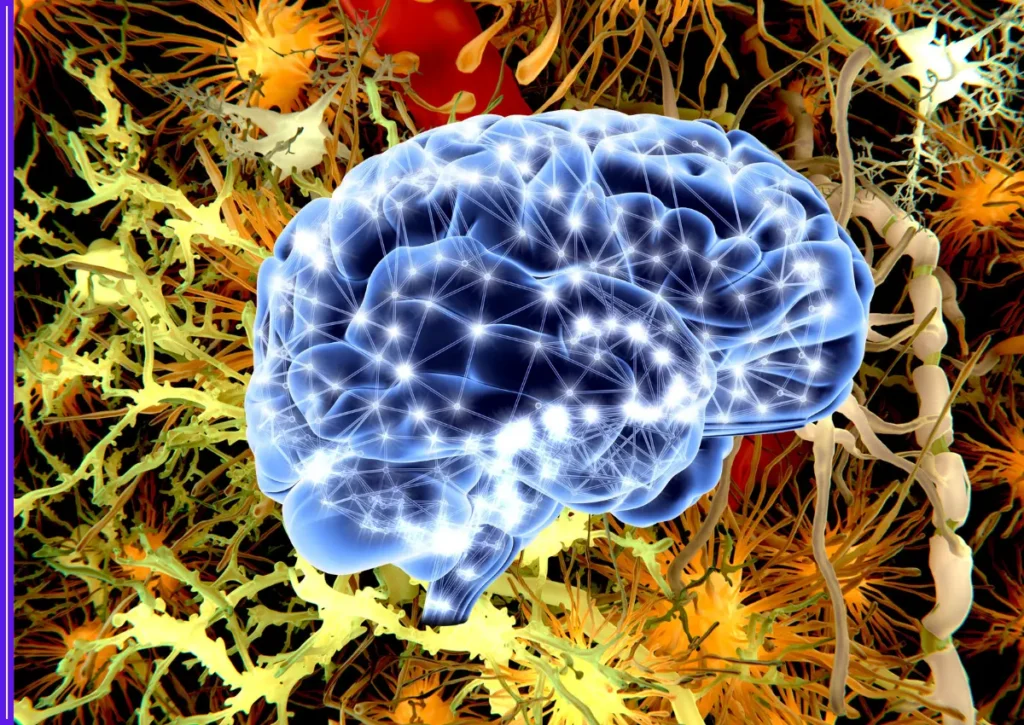In a major breakthrough, scientists have confirmed that the human brain continues to produce new neurons well into late adulthood, overturning the long-held belief that neuron formation stops after adolescence.

The study, conducted by researchers at Sweden’s Karolinska Institutet, used cutting-edge techniques to examine brain tissue from individuals aged from infancy to 78 years. They found clear evidence of ongoing neurogenesis—the creation of new neurons—in the hippocampus, a part of the brain associated with memory, learning, and emotional regulation.
“We’ve now identified the exact cells responsible for this process,” said Professor Jonas Frisén, the lead author of the study. “This confirms that the human brain retains the ability to generate new neurons throughout life.”
The findings, published this week in the journal Science, provide the strongest evidence yet that the brain’s regenerative abilities persist even in older adults. By combining carbon dating of DNA with single-nucleus RNA sequencing, the researchers were able to track the life cycle of neural cells, from early stem-like forms to newly formed neurons.
This discovery has significant implications for the treatment of neurological conditions such as Alzheimer’s disease, depression, and age-related cognitive decline. Experts believe that understanding how and why these neurons form could pave the way for new therapies aimed at preserving or restoring brain function.
While the rate of neurogenesis does decrease with age, the study shows that it never entirely stops. Researchers also noted that the rate varies from person to person, influenced by genetics, environment, and lifestyle.
The study marks a turning point in neuroscience and offers new hope that the aging brain is more adaptable and capable of renewal than previously believed.









